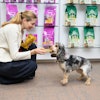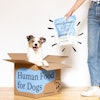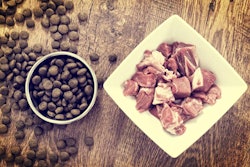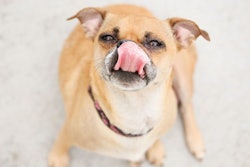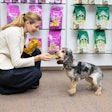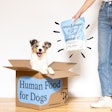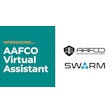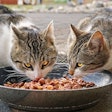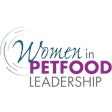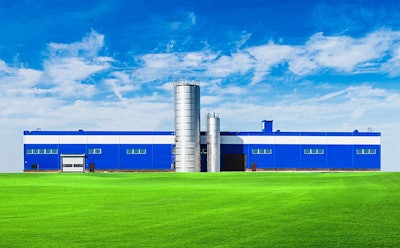
Croatia’s first pet food plant is nearing its opening in Virovitica, in the country’s north. The factory is expected to be launched this year.
Local company Tvornica Dobre Hrane d.o.o. has allocated close to HRK 15.4 million (U.S.$2.4 million) to construct the factory, of which about HRK 5.3 million (U.S.$800,000), or more than 34 percent of the investment, will be covered by the European Union’s (EU) Cohesion Funds.
Construction work on the plant, which will make dog and cat food, was initiated in late 2017, and production activities at the facility are to be launched this year, according to sources close to the project. Earlier this year, the company was carrying out a number of recruitments for various positions at the factory.
First pet food production facility of its kind for Croatia
The factory in Virovitica will be the first production facility of this type in the Croatian market, but local observers point to the fact that there are eight such factories in neighboring Serbia.
“We have chosen Virovitica owing to its excellent location and the availability of the necessary raw materials that are necessary for [the production of] competitive products,” Marko Škrablin, the director of Tvornica Dobre Hrane, was quoted in a statement released by the municipal authorities.
In the first phase of the investment, the plant is to be operated by a workforce of 10 employees, according to data from Virovitica’s authorities.
All pet food imported until now
Currently, Croatia imports 100 percent of its pet food, with total sales of 133,500 tons, worth some €118.5 million (U.S.$134 million) in 2016. Sales of dog and cat food represented more than 52,500 tons that year, or €48.5 million (U.S.$54.8 million), according to the latest available data obtained by local daily Vecernji List. Among the EU member states, Germany and Italy are the main two pet food exporters to the Croatian market.
